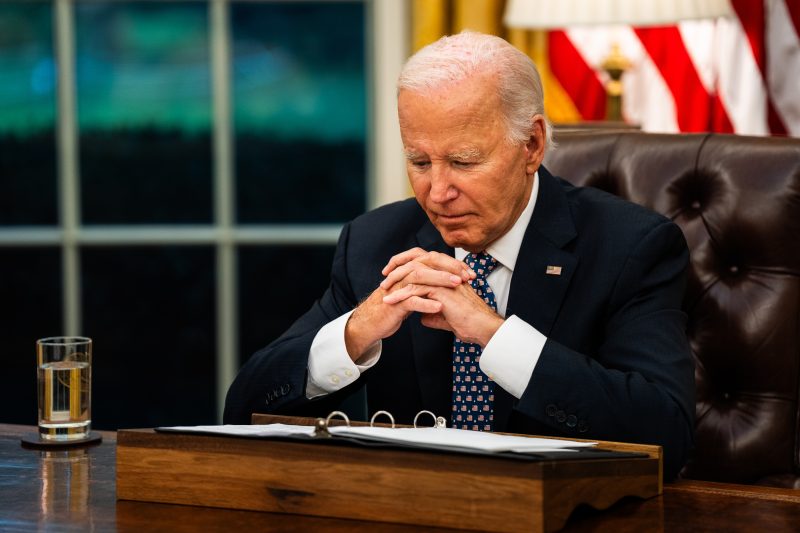Escalating tensions in Lebanon, primarily driven by Israel, present a unique challenge to the United States. With changing dynamics, the U.S’s previously robust influence over Israel seems to be dwindling, calling for urgent reconsideration of its Middle East policy.
Over the years, U.S-Israel relationship had been defined by mutual strategic objectives centered on maintaining security and stability in the Middle East. The U.S offered support through substantial foreign aid, robust military cooperation, and consistent diplomatic backing. However, with recent escalations in Lebanon and the seeming inability of the United States to effectively control Israel’s actions, the American influence within the region, specifically towards Israel, appears compromised.
A possible reason for this limited influence could be traced back to the Trump administration’s approach to the Israel-Palestine conflict. The recognition of Jerusalem as Israel’s capital and the relocation of the U.S embassy to Jerusalem were decisive acts that positioned the U.S as partial, irking other players within the region.
Another significant factor is the rise of far-right politics within Israel, marked by nationalist ideologies that appear incompatible with U.S’s broader vision for peace in the Middle East. These ideologies have seen Israel undertake aggressive stances, such as the recent escalation in Lebanon, seeming to operate with a level of independence from their strategic partner, the United States.
Moreover, the U.S’s move to withdraw from the Iran Nuclear Deal, known formally as the Joint Comprehensive Plan of Action (JCPOA), has fostered a sense of political isolation. This, combined with a reduction of American troops in the Middle East, has been interpreted by Israel and other allied countries as a signal of the U.S moving away from its previously assertive foreign policies in the region.
On another note, the domestic challenges faced by the U.S, from dealing with the impacts of the COVID-19 pandemic to handling political unrest, have made it difficult for the leadership to maintain a proactive and robust foreign policy approach.
Additionally, the ever-dynamic geopolitical landscape has seen the rise of stronger players in the Middle East. For instance, Saudi Arabia has shown its desire to assume a position of regional leadership. Simultaneously, Iran’s influence in countries such as Syria and Lebanon has increased significantly. These emerging dynamics affords Israel a wider range of regional partners and reduces the United States’ centrality, leading to the observed decrease in U.S. influence.
While the U.S’s influence appears to be constrained amidst the escalating situation in Lebanon, it is pertinent for the






























